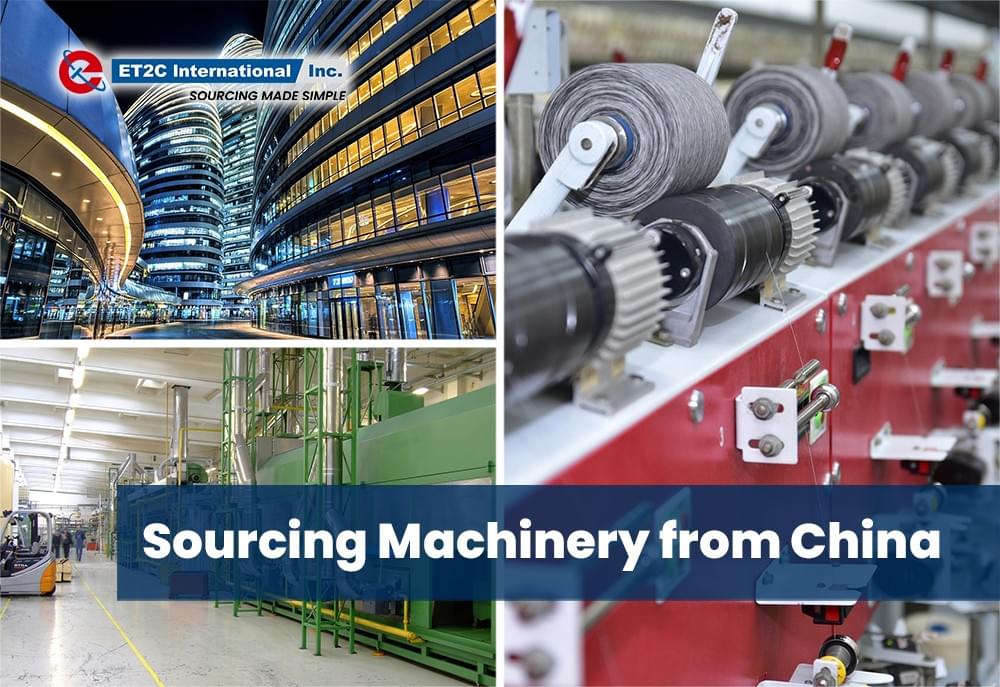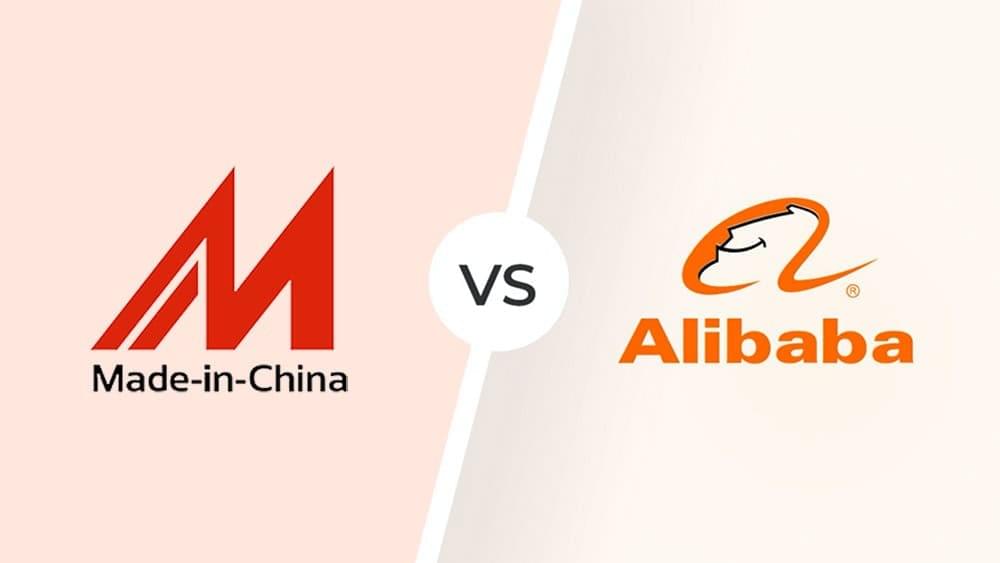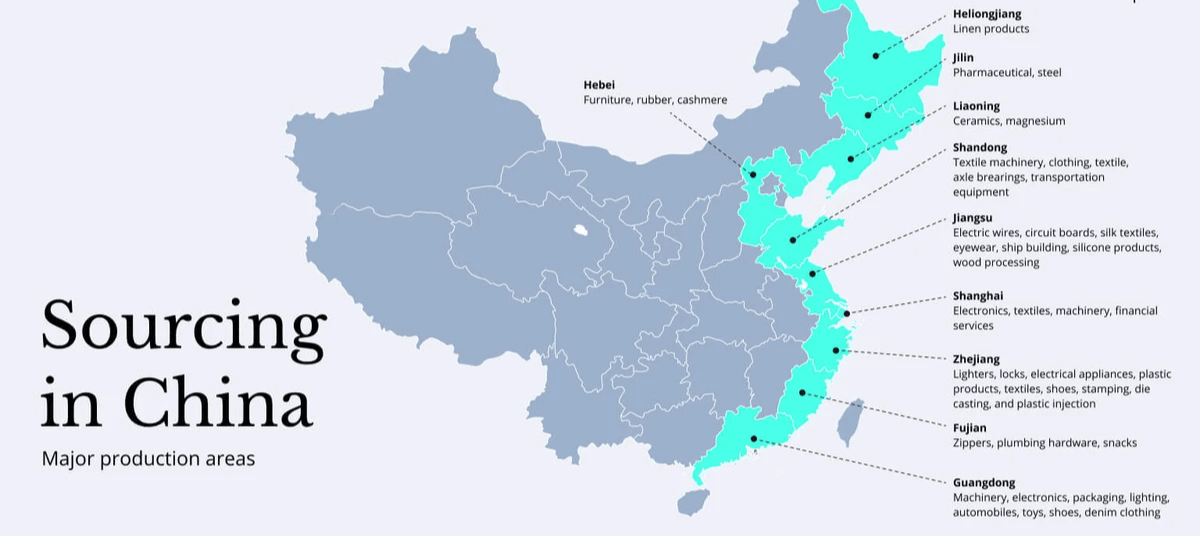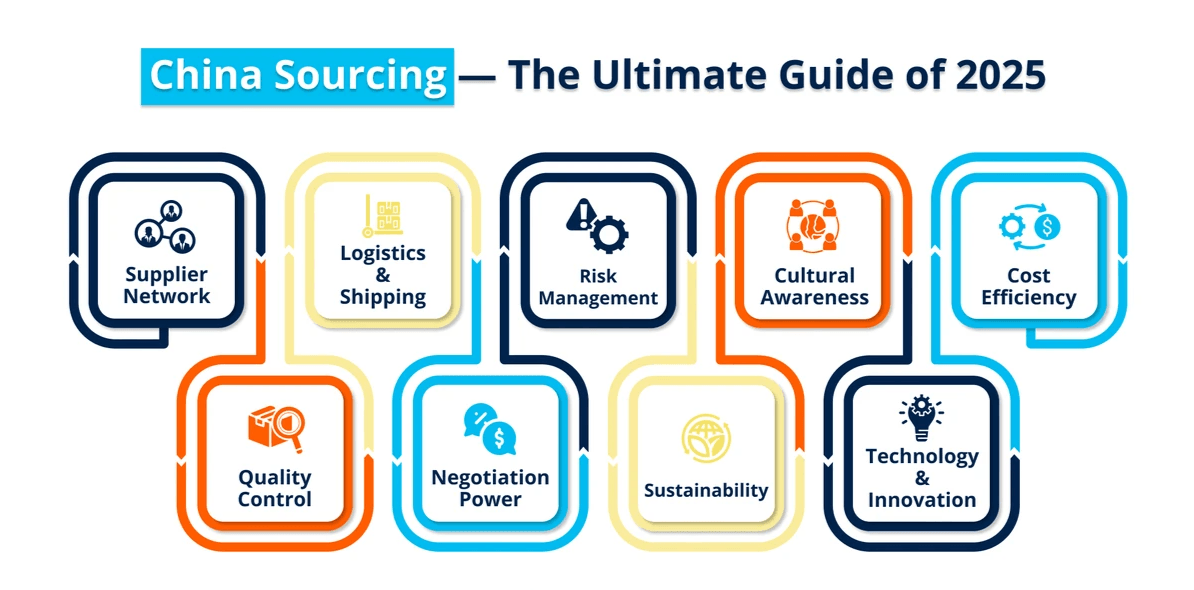Introduction: Welcome to the Olympic Games of Business Disasters
Sourcing manufacturers in China is like trying to navigate a complex maze blindfolded, after spinning around 17 times, while someone keeps moving the walls. One wrong turn can cost you thousands, if not millions, in potential losses, not to mention the joy of explaining to your investors why that shipment of "premium" products appears to have been manufactured by enthusiastic kindergarteners using crayons and hope.
In the rapidly evolving global supply chain landscape of 2025, the stakes are higher than ever. Let's explore the top three ways to spectacularly sabotage your sourcing strategy, guaranteed to turn your brilliant business plan into next quarter's cautionary business school case study.

The Harsh Reality of Global Sourcing (Or: How I Learned to Stop Worrying and Love Supply Chain Chaos)
Importers and businesses continue to make critical mistakes that can torpedo their international procurement efforts faster than you can say "but the sample looked perfect." This guide reveals the top three pitfalls that can transform your China sourcing strategy from "future success story" to "that time I accidentally ordered 10,000 units of something that burst into flames when exposed to room temperature."
Mistake #1: Platform Tunnel Vision - When Your Entire Sourcing Strategy Is "I Found It On Alibaba!"
The Limits of Online Marketplaces (And Your Research Skills)
In 2025, relying exclusively on platforms like Alibaba and Made in China is like trying to find your soulmate exclusively on dating apps—possible, but you're missing out on a whole world of potential matches who haven't created a profile featuring photos from 10 years ago. These websites represent only the tip of the manufacturing iceberg:
- Hidden Champions: The most competitive manufacturers often operate outside these platforms, the same way the best restaurants in town aren't usually on those "Top 10 Tourist Destinations" lists.
- Trade Show Advantage: Industry-specific exhibitions remain the goldmine for discovering top-tier suppliers. Yes, this means occasionally changing out of your pajamas and interacting with actual humans.
- Networking Matters: Personal connections and direct interactions trump online listings, because contrary to popular belief, business is still conducted by people, not algorithms (though the algorithms are gaining ground).
Pro Tip
: Attend virtual and physical trade shows, leverage professional networks, and explore industry-specific platforms for more targeted sourcing. Or continue believing that the first page of Alibaba search results represents the pinnacle of manufacturing excellence—it's your financial funeral.

Mistake #2: Falling for the Sales Charm Trap (Or: How That Charming Sales Rep Cost You Your Bonus)
When Low Price Signals High Risk (And Future Therapy Sessions)
The smooth-talking salesperson promising the moon, stars, and next-day shipping at half the price of competitors is often your biggest red flag. It's the sourcing equivalent of "this totally real Rolex only costs $25!" In 2025's sophisticated sourcing environment:
The Danger Signs (That You'll Ignore Until It's Too Late)
- Unrealistically low prices: If it sounds too good to be true, it's probably being manufactured in someone's garage using materials that wouldn't pass safety standards in any country, including fictional ones.
- Over-promising capabilities: "Yes, we can make anything! Space shuttles? No problem! Ready by Tuesday!" is not the mark of a reliable manufacturer.
- Lack of transparent communication: If getting straight answers requires more effort than extracting state secrets, you might want to reconsider the partnership.
- No verifiable track record: When their "extensive client list" consists entirely of companies that don't seem to exist on Google, that's less of a yellow flag and more of a flashing neon warning sign.
What to Watch For (Besides Your Rapidly Depleting Bank Account)
- Request comprehensive factory documentation: Not just the glossy brochure featuring stock photos of factories that might actually be from another continent.
- Demand detailed quality control processes: "We check everything, don't worry!" is not a quality control process; it's what your teenager says about their homework.
- Verify export history and compliance certificates: Real ones, not something created in Microsoft Paint an hour before your meeting.
- Conduct thorough background checks: Because "taking their word for it" has never backfired in the history of international business. Never.

Mistake #3: Skipping the Comprehensive Background Check (Or: Blind Trust, Empty Wallet)
Due Diligence is Your Shield (Against Both Disappointment and LinkedIn Unemployment)
A robust background check is no longer optional—it's your primary defense against potential sourcing disasters and having to update your resume unexpectedly. It's the business equivalent of checking whether your parachute has holes before jumping out of a plane.
Critical Check Points in 2025 (That You'll Be Tempted to Skip "Just This Once")
Legal Verification (Because "Probably Legitimate" Isn't a Legal Status)
- Business and export licenses: Ensure they're real, current, and not written on the back of a napkin.
- Company registration details: Verify they've been in business longer than your last relationship.
- Compliance with international trade regulations: Because "creative interpretation" of export laws tends to end badly for the importer.
Financial Health Assessment (Or: Will They Still Exist When Your Order Is Due?)
- Company stability: Are they on solid financial ground, or one large order away from bankruptcy?
- Years in business: A company founded last Tuesday might not be your best bet for large orders.
- Financial statements: Look for actual numbers, not just enthusiastic emoji and upward-pointing arrows.
- Credit ratings: From reputable agencies, not their cousin who thinks they're "totally good for it."
Quality and Compliance (Because Recalls Are Expensive and Embarrassing)
- ISO certifications: Real ones that weren't purchased online for $29.99.
- Industry-specific standards: Proof they know your industry isn't just "we watched a YouTube video about it."
- Environmental and ethical compliance: Because "technically not illegal in some remote provinces" isn't the ethical standard you're aiming for.
- Third-party audit reports: From actual third parties, not the factory owner's third cousin.

Emerging Trends in China Sourcing (2025 Edition) (Or: What You'll Claim You Were Doing All Along When Things Go Wrong)
- Increased emphasis on digital verification: Because in 2025, "I saw it on their website" is still not due diligence.
- AI-powered supplier assessment tools: Finally, a use for AI beyond generating pictures of cats in Renaissance costumes.
- Greater transparency in supply chain management: Making it slightly harder, but not impossible, for things to go catastrophically wrong.
- Stricter international trade compliance: Because governments worldwide have discovered this neat trick called "enforcing existing laws."
Conclusion: Your Sourcing Strategy Survival Guide (Read This or Weep Later)
Successful China sourcing in 2025 demands:
- Comprehensive research: Beyond the first page of search results and what that nice sales rep told you over lunch.
- Skeptical evaluation: Channel your inner conspiracy theorist, but for legitimate business purposes.
- Continuous due diligence: Not just at the beginning, but throughout the relationship. Trust, but verify. Then verify again.
- Relationship-building beyond transactions: Because in China, business is still personal, and "it's just business" is what people say right before something goes terribly wrong.
Final Takeaway (That You'll Remember Only After Making at Least One of These Mistakes)
Don't just find a supplier—find a strategic partner who understands your business ecosystem. And remember, the money you "save" by skipping proper due diligence isn't savings; it's just a down payment on your future disaster.
About the Author: The sourcing landscape is dynamic and occasionally hostile. Consult with Our ChinafulLink experts and conduct your own thorough research. Or don't, and join the illustrious ranks of business professionals who learned these lessons the hard way and now tell their tales of woe at networking events after their third drink.